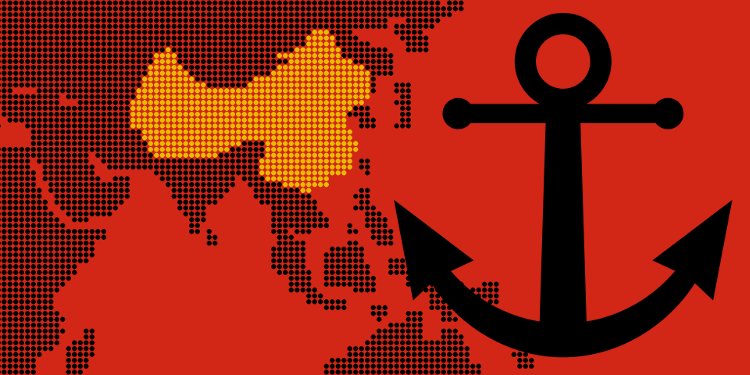Forget Japanese waters, headlines worry about North Korea and Hawaii. South Korea has their own two cents to add over the assassination of Kim Jong-un’s half brother at Kuala Lumpur International. China says that North Korea and the US are like two trains headed on a collision course. China has a kind of “plan” to bring the US and North Korea together, but the US won’t make concessions for obeying a UN resolution and there is no mention of China cutting off its supply. It seems China wants to be the “great reconciler”, but the rift is too far between East and West. Japan’s answer is to strike first.
Taiwan may be able to make its own response. This week, the US handed off two Perry-class frigates to Taiwan. Taiwanese naval officers will learn how to operate the frigates from the US Navy and the ships should set sail in May. This is a very interesting development since President-elect Trump received a phone call from President Tsai, and since the US still has yet to deliver on several military sales, especially F-16s, that closed during the terms of former Presidents Obama and Ma.
China’s response to events this week is two-fold. An editorial with a persuasive tone appeared in China’s state-run Global Times, arguing that India would help itself more if it cooperated with Chinese strategies rather than Japanese and US strategies. Xi Jinping also underlined and emphasized China’s great need to catch up on technology. This comes in the wake of the coming American Lockheed Martin F-35 “Lightning II” fighter jet and the US Navy’s new electromagnetically trajected railgun. China’s response is both telling and predicting.
While China has made advances, both in approaching Tomahawk cruise missile technology and in nearing the completion of its first home made aircraft carrier (reverse engineered from a Soviet era carrier), China still feels claustrophobic. Taiwan, Japan, South Korea, and India, not to mention the distant-yet-present US are all naval forces too close to China’s back yard. Xi feels the “squeeze”. China is in a tight spot.
President Xi also revisited his long-standing mission of countering squander and corruption within the Communist Party. By underlining the points he did, he seems to be vying for equity and credit. Doesn’t China’s leader have enough credibility or does Xi know something the West doesn’t? Regardlessly, the greater wild card is India. China believes that India is on the fence and is open to persuasion—and China is correct. Soon, India will feel its own squeeze. The question, then, will be whether India feels inclined to side with China rather than forces farther to its east or if India will decide to reverse engineer Western technology write persuasive editorials of its own.

